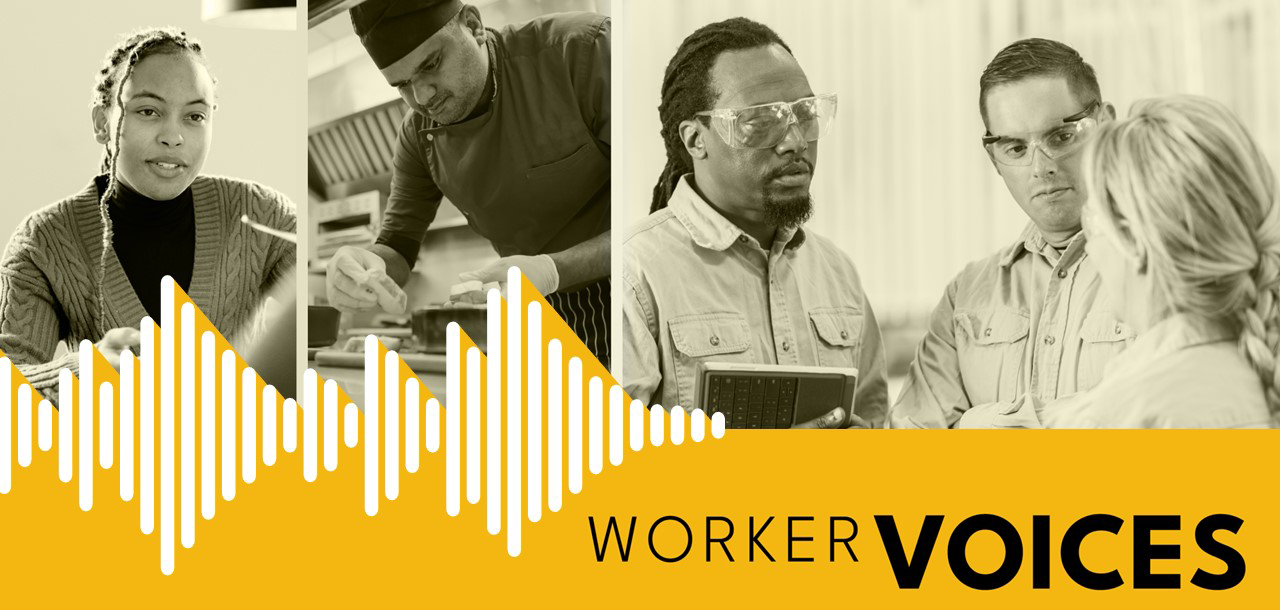
About the research
Capturing the full picture of the labor market means looking beyond the numbers to consider the experience of everyday workers and job seekers. Worker Voices provides a unique view into how job seekers and workers in lower-wage roles navigated the labor market at the onset of the COVID-19 pandemic and through recovery—and how it changed what they expect from a job. Learning about these workers’ first-hand experiences can provide depth and breadth to our collective understanding of economic conditions and labor market dynamics.

Worker Voices
2023 Report
How did workers in lower-wage roles and job seekers without a bachelor’s degree experience the labor market during the pandemic? To find out, the Federal Reserve held virtual focus groups across the country from May to September 2022.
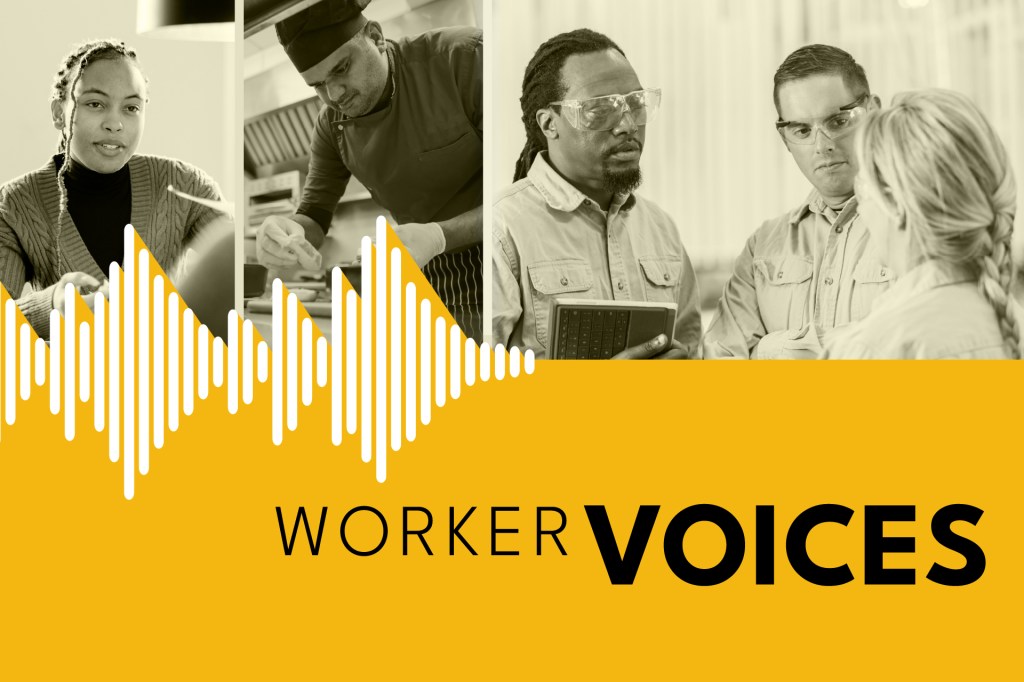
Additional Worker Voices deep dives
Conversations with Worker Voices focus group participants inspired deep dives into specific topics based on the experiences and perspectives these workers shared.

Worker Voices Special Brief: Perspectives on Job Quality
For Worker Voices participants, a quality job checks five boxes. Workers with a quality job are adequately compensated, treated well, secure in their position, given flexibility around hours and location, and engaged with the work.

Worker Voices Special Brief: Barriers to Employment
Worker Voices participants faced compounding obstacles to finding high-quality jobs. These barriers included changing job requirements, individual attributes, and concerns about individual and family well-being.
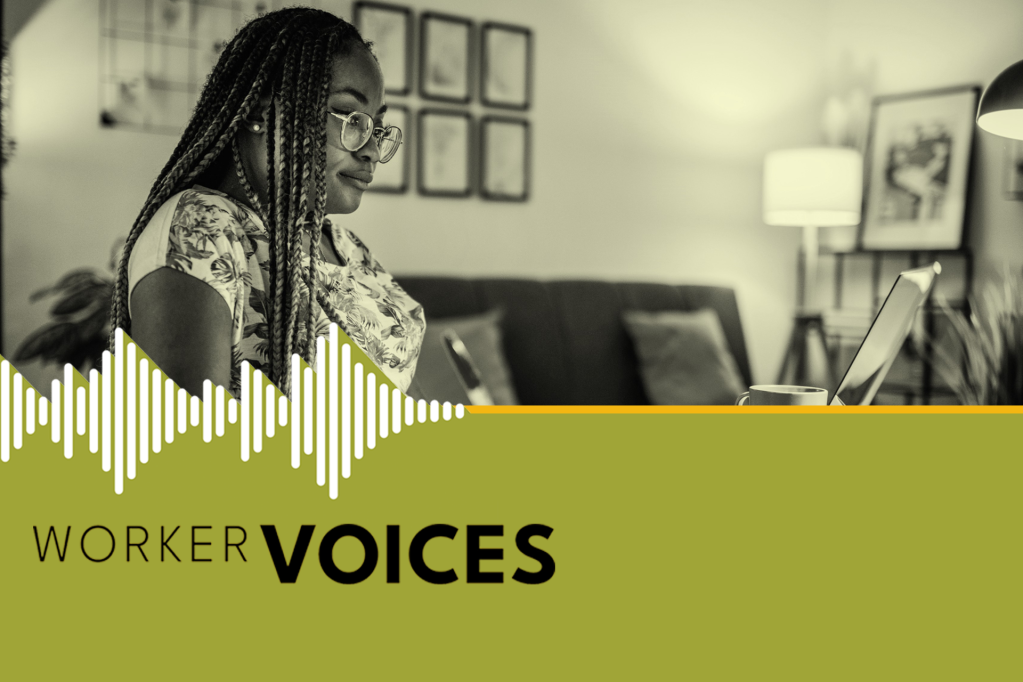
Worker Voices Special Brief: Pursuing Advancement through Personal Investment
Worker Voices participants pursued skill-building opportunities and became more willing to leave lower-quality jobs in an effort to improve their employment outcomes. However, these efforts were met with mixed results.
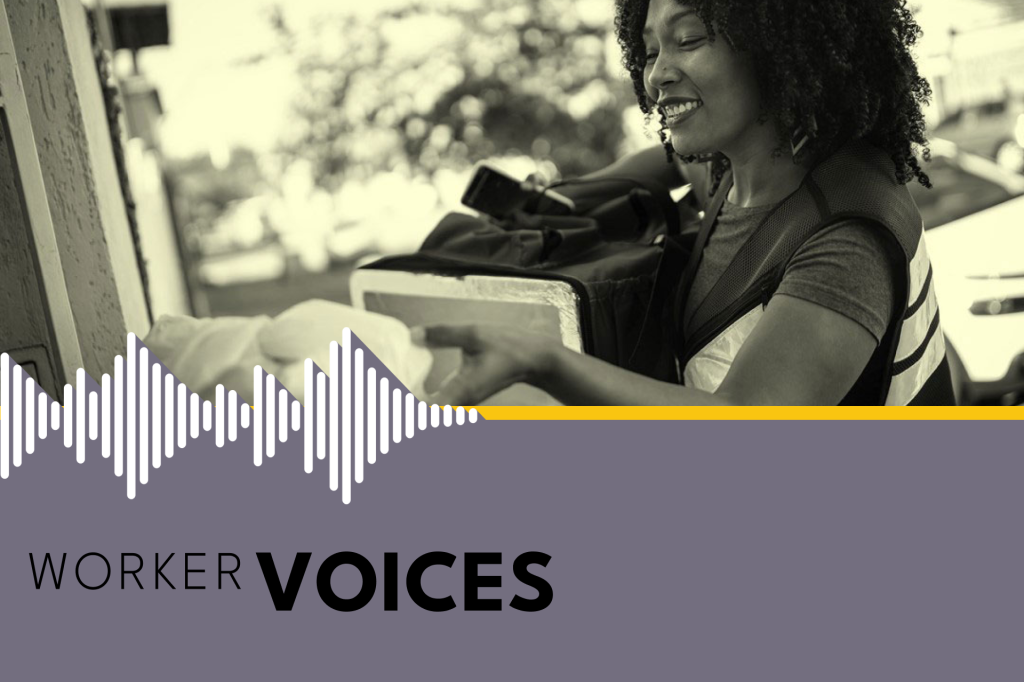
Worker Voices Special Brief: Self-Employment, Dreams versus Reality
Worker Voices participants described weighing the tradeoffs of self-employment from the independence it gave to its income generation potential. This research found that participants were pushed or pulled into self-employment for a variety of factors.
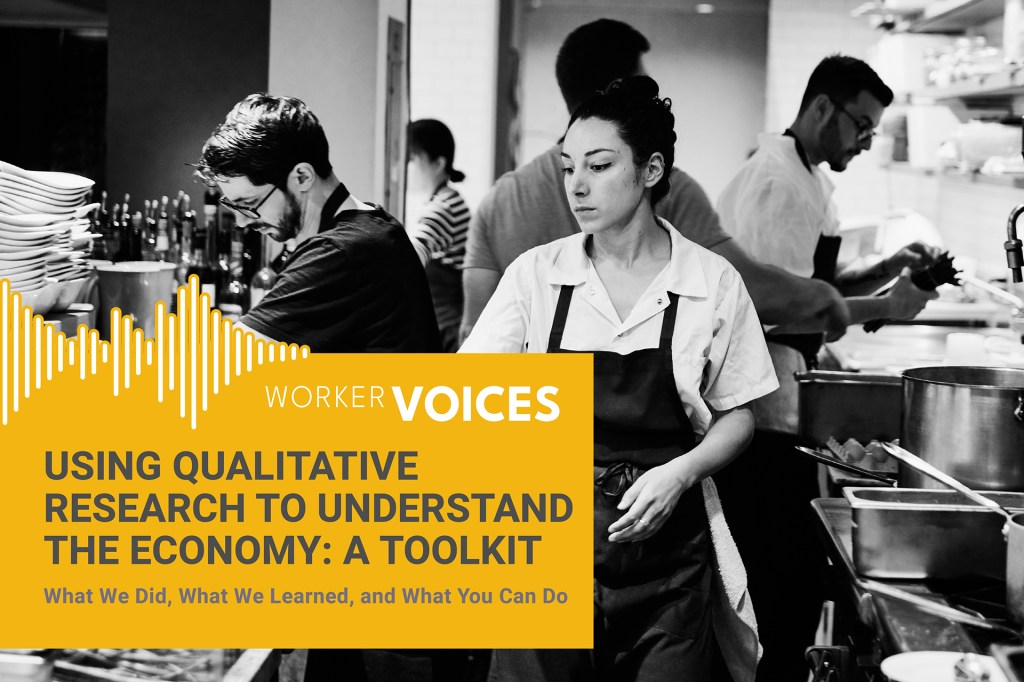
Using Qualitative Research to Understand the Economy: A Toolkit
The toolkit offers insights on using community-engaged qualitative research practices gleaned from the Federal Reserve’s Worker Voices Project and shows how others can use these methods in their own work. This toolkit is for researchers, policymakers, employers, and workforce organizations interested in partnering with the populations they serve and elevating community perspectives in policy, programming, and practice.
Related news & views
In this Q&A, outgoing Philadelphia Fed President and CEO Patrick Harker, who has helmed the Philly Fed since 2015, reflects on why he views workforce development as an investment, how…
[Watch] Approaches to and Lessons Learned from Community-Engaged Research
In this Connecting Communities webinar, hear examples of how community-engaged methods can highlight the experience of workers and jobseekers. Watch or listen on demand.
How the Fed goes beyond the data to try to make the economy work for everyone
Utilizing qualitative data from various sources helps paint a comprehensive picture of economic well-being and guides policy discussions at the Federal Reserve. Amidst uncertainties, staying connected to the pulse of…
‘We’re looking for a place where we belong’: What we learned from talking to workers
As we think of ways to build the strong economy of tomorrow, we cannot afford to leave workers without a four-year degree, and their enormous potential, on the sidelines. “I…
[Watch] Shifting Perspectives and Expectations on Employment
What do workers expect of job quality? How are they using skill development and self-investment to change their economic opportunities? Here’s what recent research tells us. Watch or listen on…

Acknowledgements
We are grateful for everyone who contributed to Worker Voices.
Thank you to the individuals who shared their insights and perspectives. This research reflects your lived experiences.
We also thank the organizations that provided valuable resources, information, and research.
Finally, we recognize the Worker Voices team for your contributions.






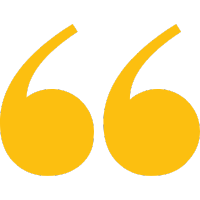

![[Watch] Approaches to and Lessons Learned from Community-Engaged Research](https://fedcommunities.org/wp-content/uploads/2024/07/connecting-communities-community-engaged-research.jpg?w=1024)


![[Watch] Shifting Perspectives and Expectations on Employment](https://fedcommunities.org/wp-content/uploads/2023/07/workervoices-connecting-communities.png?w=1024)